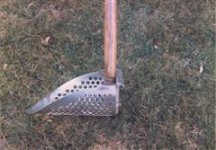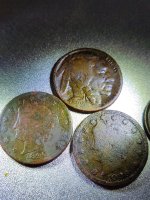secondcup
Full Member
I was wondering if a seasoned veteran of Metal Dectecting can give a newbie an opinion on hunting beaches. With such a large area, where does one start? Along the water line, or farther in where people lay out in the sun. Thanks in advance for the help, and thanks to all who replied to my last question! Much appreciated!





